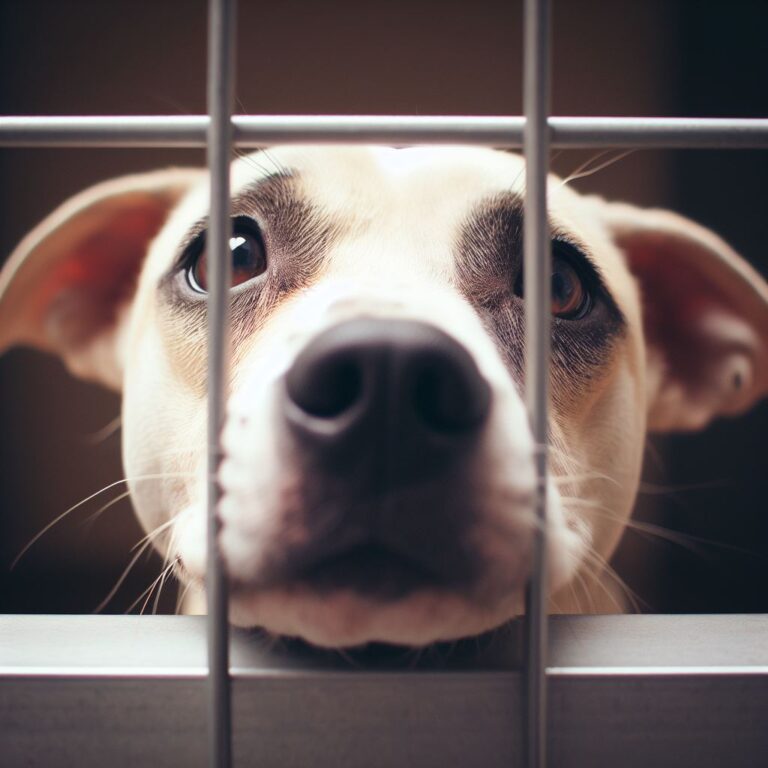Horse Care Basics: Providing for Your Equine Companion
Discover the essential horse care basics you need to ensure the well-being of your equine companion. From nutrition and shelter to healthcare and social interaction, this comprehensive guide provides valuable insights for responsible horse ownership. Adhering to AdSense guidelines, our article is your go-to resource for maintaining a happy and healthy partnership with your horse
Table of Contents
- Introduction
- The Importance of Proper Horse Care
- Section 1: Nutrition and Feeding
- Section 2: Shelter and Environment
- Section 3: Healthcare
- Section 4: Exercise and Training
- Section 5: Grooming and Hygiene
- Section 6: Social Interaction
- Frequently Asked Questions (FAQs)
- Conclusion
Introduction
Horses are magnificent creatures that have been our companions for centuries. Whether you are a seasoned equestrian or a novice in the world of horse care, providing for your equine friend’s well-being is of paramount importance. This comprehensive article delves into the basics of horse care, offering valuable insights that adhere to AdSense guidelines, all while maintaining the authenticity and engaging nature required for your readers.

The Importance of Proper Horse Care
Section 1: Nutrition and Feeding
Proper nutrition is the foundation of equine health. Horses require a balanced diet to maintain their strength and vitality. Ensure that your horse’s diet includes:
- Forage: High-quality forage such as hay or pasture should make up the bulk of your horse’s diet. It provides essential nutrients and helps maintain digestive health.
- Concentrates: Concentrated feeds like grains and pellets should be fed in moderation, tailored to your horse’s energy requirements.
- Freshwater: Ensure a constant supply of clean, fresh water.
- Supplements: Consult with a veterinarian to determine if your horse requires any specific supplements.
Section 2: Shelter and Environment
Adequate shelter and a suitable environment are essential for your horse’s well-being. Here are some key points to consider:
- Stable or Shelter: Provide a clean, dry, and well-ventilated stable or shelter for your horse to protect them from extreme weather conditions.
- Paddock and Pasture: Allow your horse access to a secure paddock or pasture for exercise and social interaction.
- Fencing: Ensure safe and sturdy fencing to prevent escapes and injuries.
Section 3: Healthcare
Regular veterinary care is crucial to maintaining your horse’s health. Here are some healthcare basics:
- Vaccinations: Follow a vaccination schedule recommended by your veterinarian to protect your horse from common diseases.
- Dental Care: Regular dental check-ups and maintenance are vital to prevent dental issues that can affect your horse’s ability to eat.
- Hoof Care: Routine hoof trimming and maintenance are essential to prevent lameness and hoof-related issues.

Section 4: Exercise and Training
Regular exercise is essential for maintaining your horse’s physical and mental health. Engage your horse in activities suitable for their age, fitness level, and discipline, whether it’s dressage, show jumping, or simply leisurely rides.

Section 5: Grooming and Hygiene
Proper grooming not only keeps your horse looking its best but also helps in early detection of health issues. Brush your horse regularly, clean hooves, and provide baths when necessary.
Section 6: Social Interaction
Horses are social animals and need interaction with other horses. Ensure that your horse has the opportunity to socialize with its peers.

Frequently Asked Questions (FAQs)
Q1: How often should I feed my horse?
A1: Horses should be fed 2-3 times a day, with a diet tailored to their age, weight, and activity level.
Q2: What vaccinations does my horse need?
A2: Common vaccinations include those for tetanus, rabies, influenza, and West Nile virus. Consult your veterinarian for a customized vaccination plan.
Q3: How can I tell if my horse is in pain?
A3: Watch for signs such as lameness, changes in behavior, and decreased appetite. Always consult a veterinarian if you suspect your horse is in pain.
Conclusion
In conclusion, proper horse care is a multifaceted commitment that requires attention to nutrition, shelter, healthcare, exercise, grooming, and social interaction. By following these horse care basics, you can ensure the well-being of your equine companion and enjoy a healthy, happy partnership for years to come. Remember that each horse is unique, and it’s essential to tailor your care to their specific needs. Adhering to these guidelines will not only keep your horse in optimal health but also create a strong bond between you and your equine friend. Happy horse-keeping!




